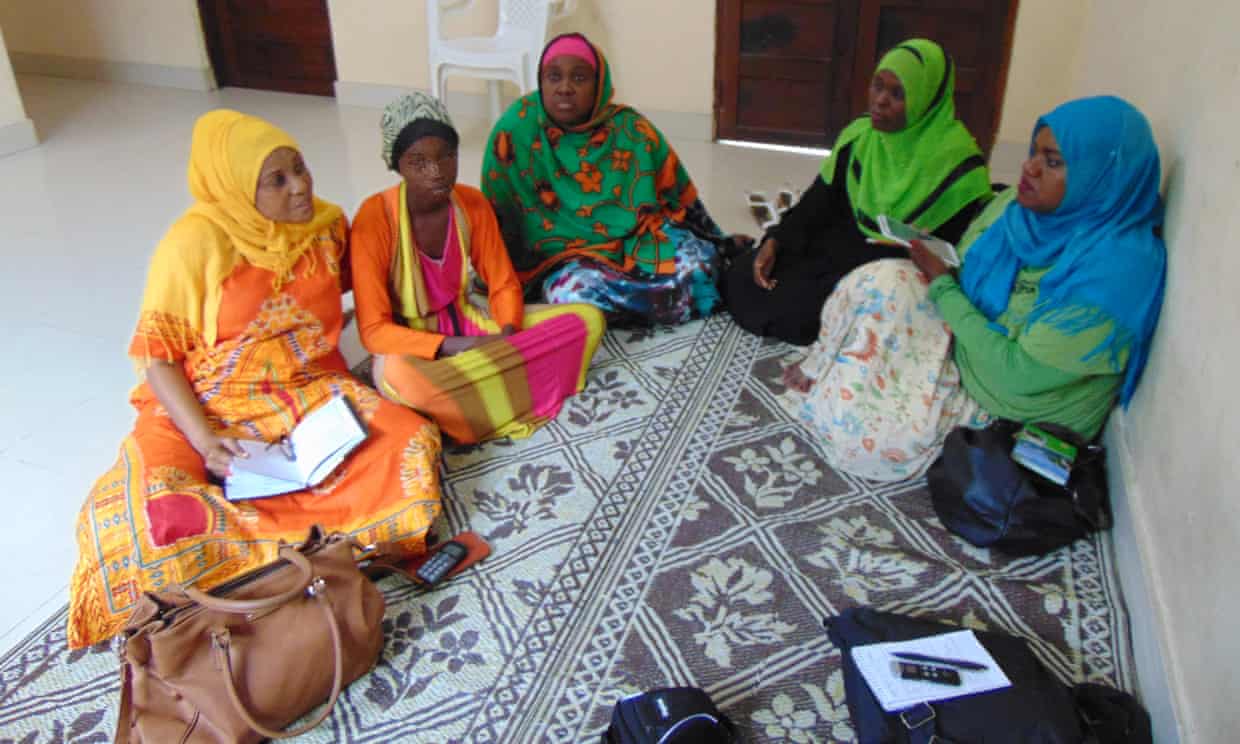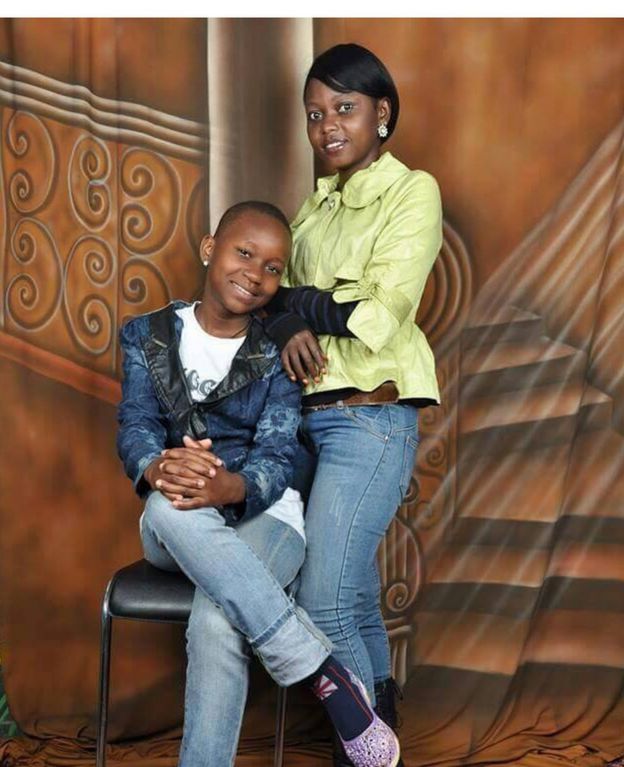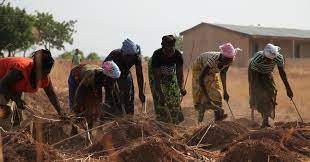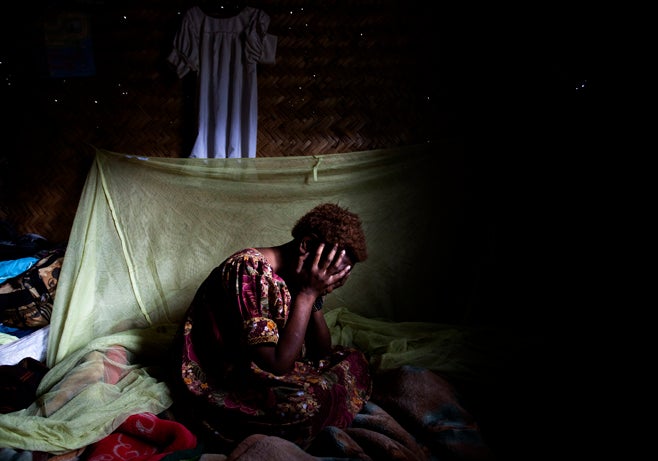
Rebeca Gyumi
On October 23, 2019, Tanzania’s Court of Appeal ruled that child marriage is illegal … period. The Court ruled that the marriage age for both girls and boys must be [a] the same and [b] 18 years of age. In so ruling, the Court of Appeal upheld a similar decision by Tanzania’s High Court, reached July 2016. At the center of this momentous and landmark victory is Rebeca Gyumi, feminist organizer extraordinaire. A caption for this story could be, “She persisted.” Where have we heard that before? Everywhere!
Here’s the story, in brief. In 1971, Tanzania passed the Law of Marriage Act, which set the age limits for marriage as 18 for boys, 14 for girls. In 1986, Rebeca Gyumi was born in Dodoma, the official national capital of Tanzania, where, according to her own recollections, she saw girls expelled from school because they were pregnant, and she saw the catastrophic consequences of that policy. At a young age, Rebeca Gyumi decided to do something about the situation of girl children in Tanzania.
Rebeca Gyumi attended and graduated from law school. She founded the Msichana Initiative, whose mission is to advocate for girl child right to education in Tanzania and to make Tanzania a model for other countries in that right. Then, in 2016, Rebeca Gyumi pulled together a team to challenge the Law of Marriage Act. They showed that, at the time, two of every five girls in Tanzania married before the age of 18, making Tanzania one of the “leaders” in rates of child marriage. Despite quite a bit of opposition, Rebecca Gyumi and her colleagues persisted, and, in 2016, the High Court ruled that the Law of Marriage Act was unconstitutional, and the government had one year to fix it. This was a landmark decision and victory …
And yet …
In September 2017, Tanzania’s Attorney General formally filed an appeal. Much of the ensuing argument was, predictably, about “Western values corrupting” Tanzania, and in particular Tanzanian girls who were somehow especially vulnerable to, again, “Western values.” That Tanzanian girls might be even more vulnerable if married and denied access to education and other opportunities seemed somehow beside the point.
Rebeca Gyumi persisted, on all fronts. She waged a social and political campaign to both counteract the corruption arguments and to promote a public discussion about the significance of gender equality in Tanzania. Concurrently, she honed the legal arguments, amassing more evidence of the impact of differential limits on marriage for girls across Tanzania. Meanwhile for two years, the government has railed against Gyumi, the High Court decision, and, more generally, gender equality. Remember, this is the same government that has sworn to keep pregnant girls out of school permanently.
This year’s Court of Appeal decision is, again, landmark. Where the High Court left some discretion to the government, now the terms have been set. Additionally, it points to the power of women organizing, organizing, organizing. In that lesson, Rebeca Gyumi has given all of us an important lesson. In 2016, Rebeca Gyumi said, “Changing the law is not the ultimate end to child marriage. Changing mindsets and trying to trigger the shift of customs and traditions is the next thing we are planning to do.” The time is now!
(Photo Credit: Face2Face Africa)





